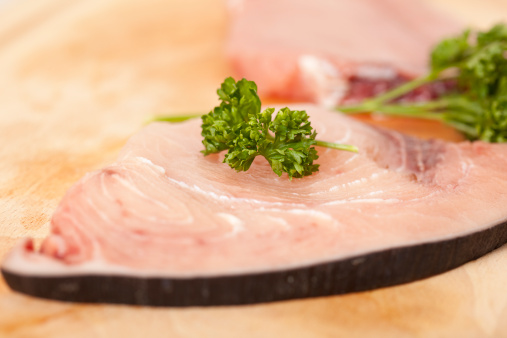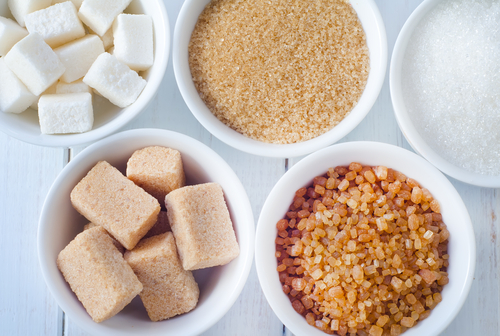
It is a very popular eating style by many hardcore athletes; especially those devoted to the sport of Cross Fit. Some declare that it is even a movement of better eating and awareness! I am referring to the PALEO Diet, or food and nutrition consumption by eating foods that are focused primarily on a wide variety of raw, unprocessed, whole foods, vegetables, fruits, nuts, roots, and meats. The PALEO Diet is also concordant with a person’s genetic ancestry and has promises that people can avoid many of the diseases associated with our modern diet, including diabetes, heart disease, and cancer by sticking to its eating rules.
Not just Cross Fit gurus, but medical doctors and scientists all over the world trust the fundamental theory of the “caveman diet” and say that this lifestyle is effective for weight loss, reducing blood pressure, and cholesterol and triglyceride levels.
In fact, natural health advocate Dr. Mercola reports that on average, people tend to see a 30 point drop in cholesterol in just two weeks.
Stemming from the notion that our bodies are hard-wired (genetically) to move like a hunter-gatherer, which includes extensive walking with regular lifting and short bursts of high-intensity activities, the early man ate and gathered nuts, fruits, vegetables, and meat. This may be very true, but I find myself reflecting on the shift of that caveman paradigm. We are now a nation of convenience and agricultural excess, and more often than not, the average person or family is not moving like a nomadic heard (running through thick brush in the heat of the wilderness to forage for their next meals of berries and bison) and the quality of the meats, produce and grains we eat have tarnished. Does the PALEO diet work on everyone or just the extremely active and nomadic of us modern men?
PALEO Dieters focus on fresh, whole, unprocessed, "real" food can improve just about anyone's health. This point in and of itself, I am a huge supporter of. No matter what type of eating habit, if whole, unprocessed and “real” foods are involved, it is already going to make dynamic, positive and healthy changes in the body. The PALEO Diet does incorporate meat, the “organic” kind, (though this point of argument—whether eating animal meat or by-products in beneficial to the body—is highly debated).
☛ Unprocessed whole foods
☛ Raw or only lightly heated (ideally, try to eat at least one-third of your food raw, or as much as you can manage. Yes, this includes meat, eggs and even foods such as honey and nuts)
☛ Organic or grass-fed, and free from additives and genetically modified ingredients. (Today's meats are much higher in saturated fat, so eat lean meats and wild fish)
☛ Come from reputable, high-quality, and local sources
☛ Carbohydrates primarily come from fruits (comes from ones with low glycemic index) vegetables (except corn and potatoes, which should typically be avoided)
☛ Nuts and Seeds-should be limited to about 4 oz a day and generally peanuts and legumes are not allowed (though there are many different versions of the PALEO Diet. Some argue that green beans and peas are part of the legume family and should be avoided as well)
☛ Beverages (again there are variations) are limited to fresh, clean water and tea.
☛ Processed foods
☛ Foods with added or refined sugars
☛ Most grains, except for very small amounts of whole grains
☛ Legumes
☛ Dairy products
☛ Food additives (i.e. artificial sweeteners)
☛ Corn and Potatoes that require cooking
Great DVD resource on why the PALEO Diet is so beneficial: CJ Hunts’s Documentary: In Search of the Perfect Diet- See the trailer here: https://www.youtube.com/watch?v=8N-VC6xh1BI
Book: The Paleo Diet (most recent edition 2011) by Loren Cordain
We are so lucky in this day in age to be able to eat pretty much everything and anything we want, when we want (given that we can afford the foods we desire to eat) and have the lifespan of around 75 years of age (more or less depending on where we live and are exposed to). The cavemen had to fight off predators, hunt and forage for their foods, live in inclement weather, survive in the wilderness and with other animals and compete for food, bring babies into this world without the advances of medicine. Though their life expectancy was around 35-40 years of age, they were strong, resilient creatures with no chronic illness, no autoimmune disorders, zero cardiovascular problems, and had a better sense of smell and survival instincts. Did man’s evolutionary journey into science and technology, as well as processed and convenience foods really benefit us on all aspects of health? The Paleo Diet reminds us to bring our eating and lifestyles back to basics of real food unaltered from sugars and chemicals because we are rapidly changing our DNA to become weaker and sicker creatures. We may be living longer than our ancestors have ever lived before in this time, but we definitely have more diseases and chronic illness than ever before (most of which are brought about by the foods we eat).
